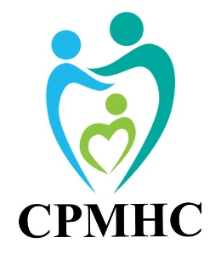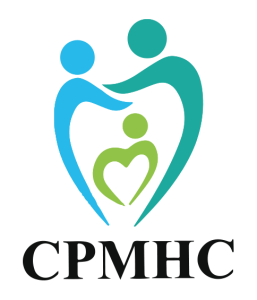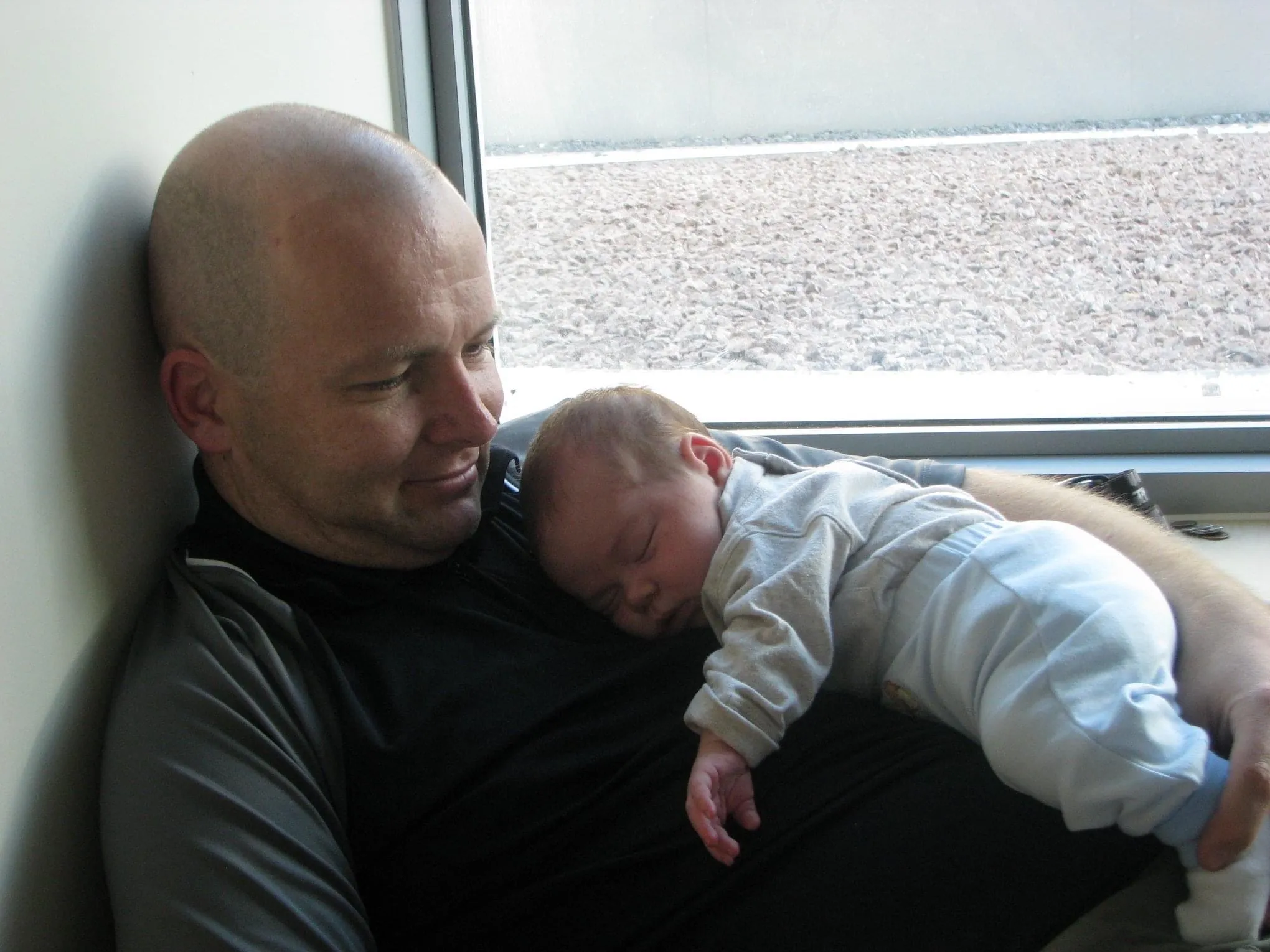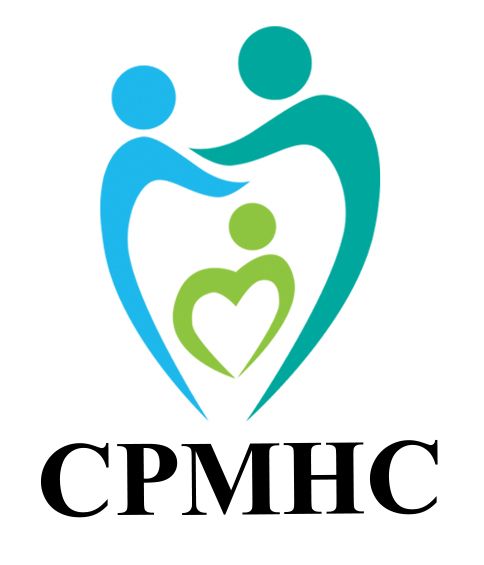The Canadian Perinatal Mental Health Collaborative (CPMHC) launched a new campaign this week leading up to Father’s Day, June 21st, and Father’s Mental Health Day, June 22nd, 2020, in order to raise awareness for paternal mental health.
While perinatal mental illness affects up to 20 per cent of women, the latest research pegs men’s prevalence at 8.4 per cent with previous studies putting it in a range of anywhere from four to 25 per cent. In Canada, one study revealed that more than 13 per cent of expectant fathers experience elevated levels of depressive symptoms. Another study points out that 80 per cent of men in Canada won’t get help unless their partner convinces them to.
The CPMHC strongly believes that Fathers and Partners should be included in a national perinatal mental health strategy which they have been calling on the federal government to enact since the CPMHC’s inception in 2019.
The CPMHC is asking moms, dads, and partners on Facebook, Instagram and Twitter to tag the CPMHC and share their favourite pictures of Fathers/Partners along with their children using the hashtag, #THEBEST and #PaternalMentalHealthMattersToo. So far, the response has been overwhelming as so many families are eager to share how important it is for Fathers/Partners to be recognized.
This week is also Canadian Men’s Health Week and a pair of new studies has revealed that many fathers are feeling closer to their kids during the COVID-19 pandemic, and want to create a new normal going forward.
The first study, conducted in May on behalf of the Canadian Men’s Health Foundation (CMHF) by Intensions Consulting, asked 1,019 Canadian fathers about the impact of the COVID lockdown on their roles as fathers.
“Even though families have faced stressors and challenges with COVID-19, we recognize that fathers have been granted a golden opportunity to take time to slow down and connect with their children,” said Health Minister Adrian Dix. “Many parents work full time and commute, and when that is taken away, they have more opportunities for togetherness, like a game of catch or going for a hike. Men’s health is impacted by their living situations, and getting a little more physical activity with their kids is a little thing that makes a big difference. We can learn from this pandemic in more ways than we think.”
During lockdown, 40% of the respondents felt COVID-19 has had a positive impact on their role as a father, 52% are more aware of their importance as a father, and 60% felt closer to their children. 49% have decided to be more engaged as a father in the future.
According to the study, almost two thirds of fathers have been providing companionship to their children more often during lockdown, and almost half plan to continue doing so as restrictions are lifted. Likewise, 56% have been providing guidance to their children more often, with 46% planning to continue doing that as well.
“I’ve been off work since March and it’s been stressful, but the upside is I’ve been able to spend a lot more time with my daughters,” said Dal Watson of Burnaby, B.C. “I’m a professional chef and I’ve been spending time in the kitchen at home teaching my kids how to cook. We’re also sitting down as a family and eating together, which was something that couldn’t happen very often when I was working. I’m grateful for the extra time I have with my family.”
Nick Black, Managing Partner at Intensions Consulting, says fathers’ increased engagement can take many forms. One tangible way the study sees dads engaging is that 64% are eating more meals with their children. “Sharing meals can provide an important opportunity for family connection,” says Black, “There is considerable evidence that eating meals together can have a positive impact on kids mental health, nutritional choices, school performance, and can even reduce the incidence of drug and alcohol use.”
As a follow up to the online survey, The Men’s Initiative (TMI) at UBC conducted virtual focus groups with 45 fathers from across Canada. Many fathers described a hectic family dynamic prior to COVID with busy lives focused on long work days with commuting, eating on the run, children’s schedules — including sports, extracurricular and social activities, and the family members experiencing lives lived in parallel with each other.
As the pandemic evolves, fathers also expressed concern that they will experience a tension between shifting back to the “old normal,” and a desire to create a new normal going forward. “We know the active and positive presence of fathers in their children’s lives has a positive effect on those children’s mental and physical wellbeing and reduces the frequency of their negative behaviors,” noted Dr. David Kuhl, a UBC Professor of Medicine and a co-founder of TMI.
“If the COVID-19 lockdown accelerates the movement of dads to be more engaged with their children, that could be a lasting benefit from a tragic public health crisis,”said Dr. Larry Goldenberg, the Founding Chair of CMHF. “It is clear, however, that men realize it will be a challenge to continue spending quality time with their families once the daily stresses of commuting and working long hours are reintroduced to their lives.”
Wayne Hartrick, the President of CMHF, said the study suggests fathers’ work-life balance is improving during the COVID-19 outbreak. “There is no doubt COVID-19 is creating more stress for many,” Hartrick said, “Our DontChangeMuch.ca website is full of easy ‘Dad Tips’ to help fathers find a better balance.”














